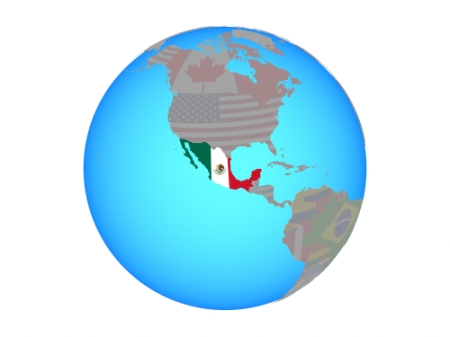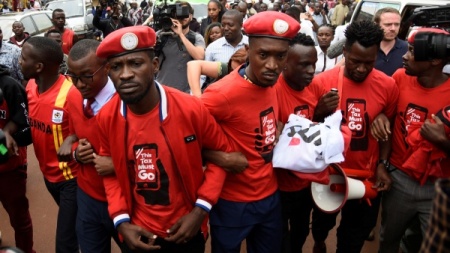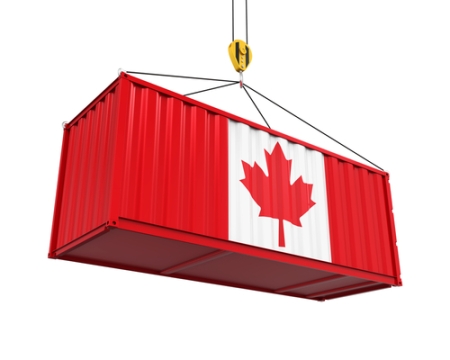
Antonio Garza (Mexico, 2002-2009)
This past year has proven to be an interesting time to watch the political and economic dynamics across the Western Hemisphere. Elections have reshaped political realities, with new presidents and outlooks for Mexico and Brazil, and a new majority in the U.S. House of Representatives.
Throughout the region, other countries have systematically dismantled their democracies, with Daniel Ortega in Nicaragua continuing to crack down on the political opposition, Nicolás Maduro in Venezuela deepening his stronghold on power, and Juan Orlando Hernández in Honduras entering office this past January among allegations of electoral fraud. As these countries’ economic fortunes have plummeted and political risk levels spiked, millions of their citizens have fled into surrounding countries and north to the United States—creating another series of tensions that have dominated the news for much of the past few months.
Looking out to 2019, the region and the world don’t look any more stable, with many of the same challenges expected to continue. Trade skirmishes, market volatility, and serious security issues are also likely to persist. While in the United States, President Donald Trump faces 17 investigations and a new head of the House Committee on Oversight and Government Reform is gearing up to shift the political status quo. And during the past year, the United States has continued to step away from any significant regional or global engagement and other non-regional actors will increasingly be all too happy to fill the void. Read the rest of this entry »





